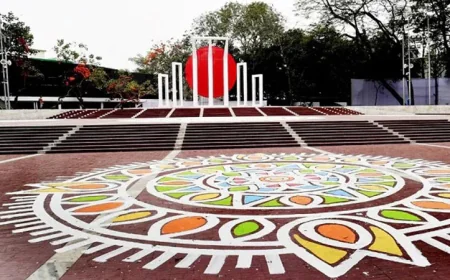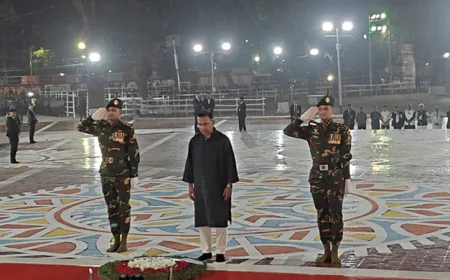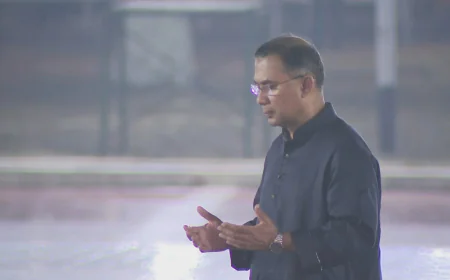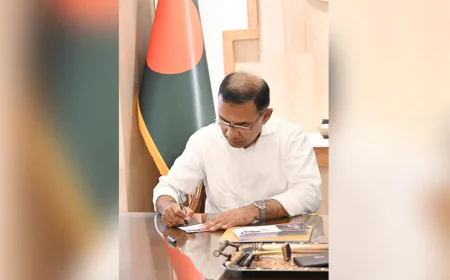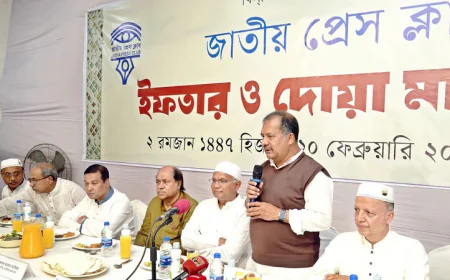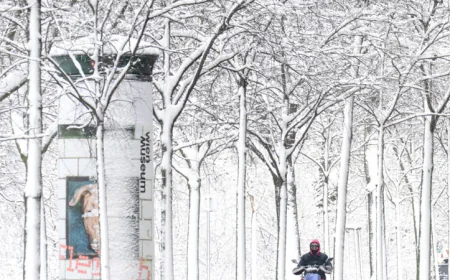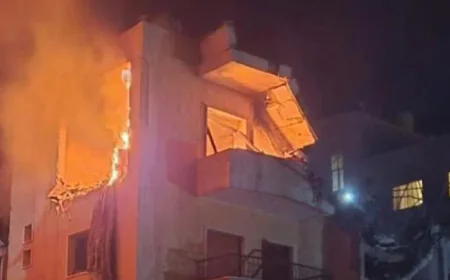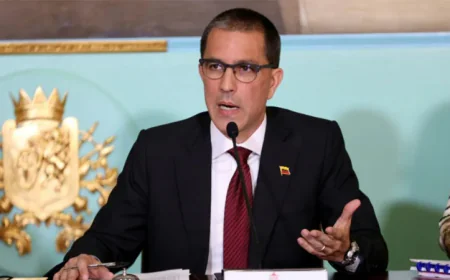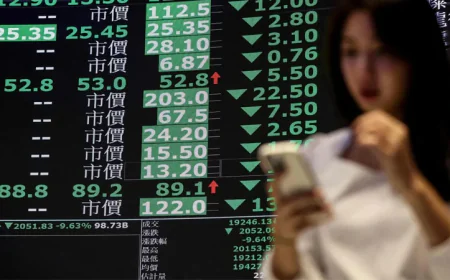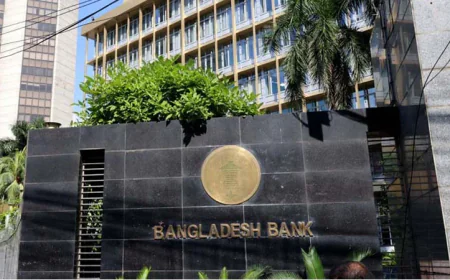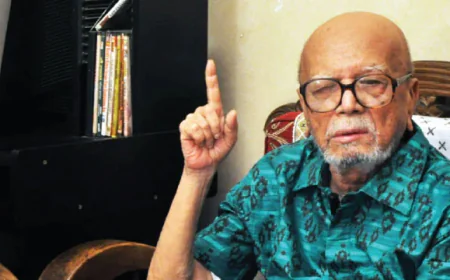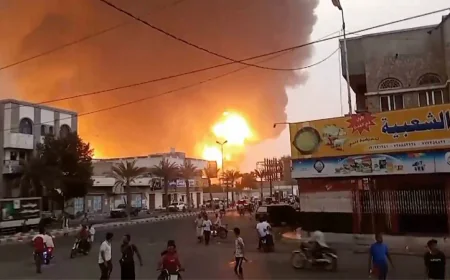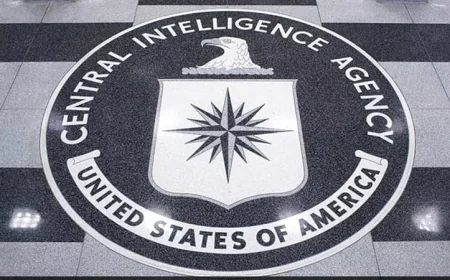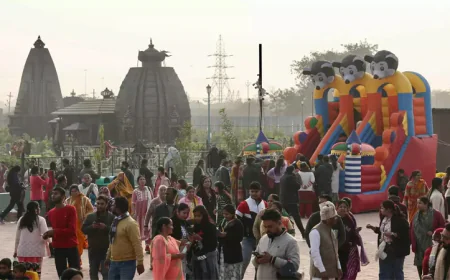Nigerian Separatist Protests Responsible for Over 700 Deaths Since 2021

Protests called by one of Nigeria's main separatist groups over the past four years have resulted in more than 700 deaths, a local intelligence think tank said in a report Monday.
The outlawed Indigenous People of Biafra (IPOB) movement -- which is pushing for the independence of Nigeria's southeast, where a bloody civil war was fought in the late 1960s -- regularly calls for stay-at-home protests.
Originally presented as non-violent protests, they have been hijacked by armed groups that target establishments and people perceived to be linked to the government.
"Individuals or groups enforcing the order, sometimes armed, have engaged in acts such as setting fire to commercial vehicles and attacking those who defy the directive, creating an atmosphere where compliance is often driven by fear," said SBM Intelligence, a consultancy in Lagos.
"The sit-at-home protests, enforced by IPOB since 2021, have transformed from a symbolic act of dissent into a protracted crisis with devastating socioeconomic and security consequences for Southeast Nigeria," it said.
SBM estimates that the southeastern region has "suffered staggering losses, including 7.6 trillion naira ($4.8 billion) in economic damage, 776 fatalities".
Disruptions to education, governance and livelihoods have become systemic, it said.
The IPOB group routinely denies it is behind attacks, which have also been carried out by criminal gangs and political rivals using the group's name.
Its spokesman did not respond to an AFP request for comment on the report findings.
The Nigerian government has banned IPOB as a terrorist organisation and accused it of stoking ethnic tensions by claiming genocide against Igbos.
Former London estate agent and IPOB founder Nnamdi Kanu is on trial on terrorism charges in the capital Abuja.
A previous bid to establish a separate Biafran state for the Igbo people led to a bloody civil war with federal forces between 1967 and 1970.
More than one million people died in the conflict, many from starvation.
But secessionist sentiment remains, stoking tensions in sub-Saharan Africa's most populous nation.
The report was published just days before the Biafra Day which the movement commemorates every end of May with a strict remain indoors order.
It also comes as President Bola Tinubu marks two years in office this week while the military battles a jihadist insurgency that has lasted for over 15 years in the country's northeast.
The northwest and central states have in recent months faced a resurgence of deadly raids from heavily armed bandit militias.
